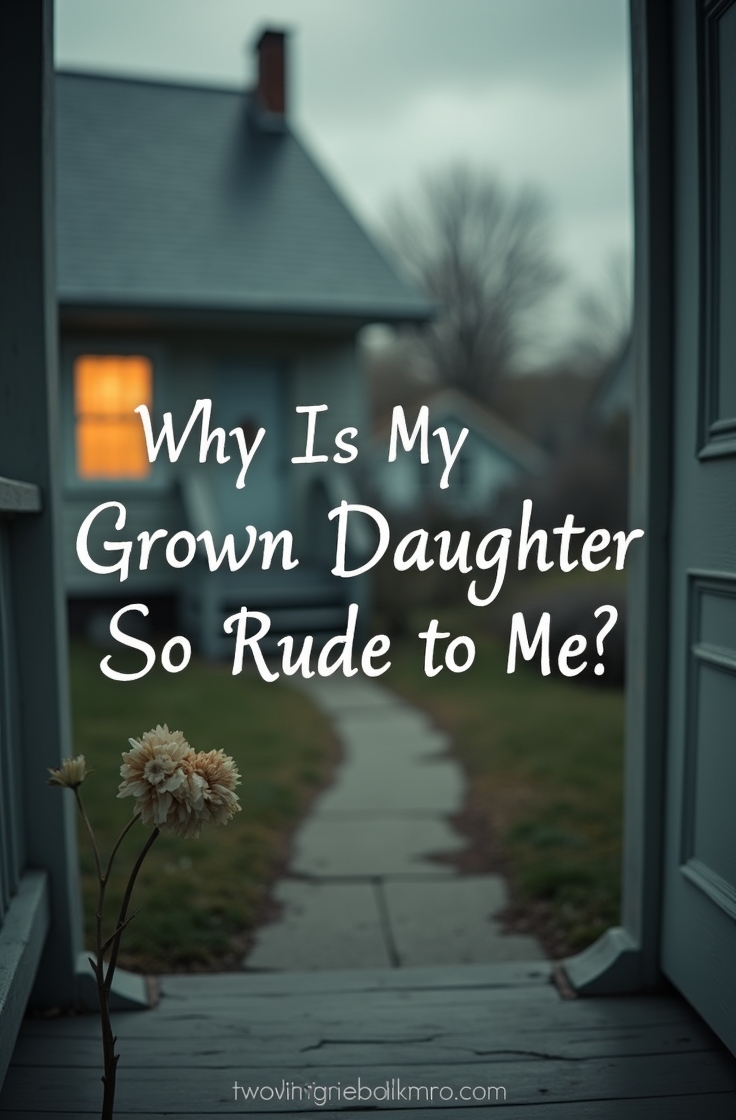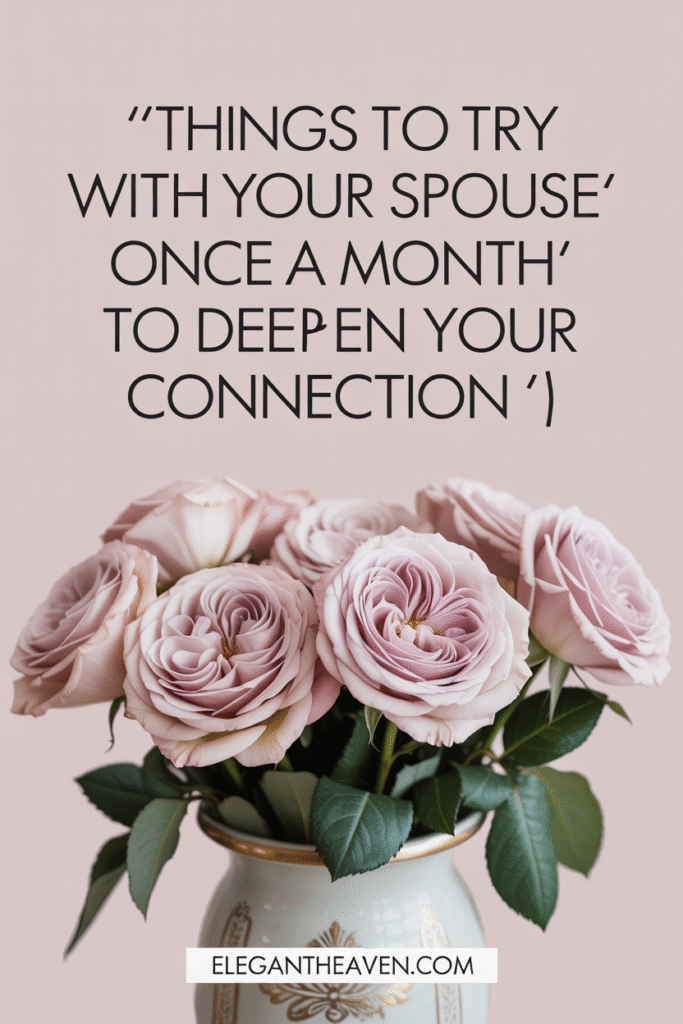Understanding the Distance Between Parent and Adult Child
As a parent, nothing stings quite like a disrespectful tone from your own child. You raised her, loved her, made sacrifices—and now she barely speaks without rolling her eyes. It’s heartbreaking, confusing, and often makes you wonder where things went wrong.
You’re not alone. Many parents of adult children feel blindsided by a sudden shift in the relationship. But before jumping to conclusions, it’s worth exploring what might be behind your daughter’s behavior.
1. She’s Setting Boundaries—But Poorly
Adult children often struggle with setting boundaries, especially when they feel smothered or unheard. Instead of calmly stating their needs, they lash out.
Your daughter might not know how to say, “I need more space,” or “Please respect my choices.” So she says it through anger or sarcasm.
It’s not always fair—but it might not be about you, either.
2. Unspoken Resentments May Be Boiling Over
Sometimes, past wounds bubble up when children become adults. Maybe there were moments you overlooked, times she felt hurt or misunderstood, and now those feelings are coming out in hurtful ways.
She may not have the tools—or courage—to bring them up gently. So instead, she acts cold or distant.
Healing can’t happen until those emotions are addressed.
3. She’s Going Through Her Own Struggles
Stress changes people. Whether it’s work pressure, relationship issues, or mental health struggles, your daughter may be going through more than she’s letting on.
When life feels overwhelming, people often take it out on those closest to them. You might be her emotional punching bag—not because you deserve it, but because she feels safe with you.
It doesn’t make it right, but it might explain the shift.
4. She Wants to Be Seen as an Equal
Parents sometimes forget that their kids have grown up. Still giving advice she didn’t ask for? Still reminding her to wear a coat or eat better?
Even if it’s out of love, it can come across as control. She might respond with sharp words, not because she hates you, but because she wants to be seen as an adult.
Respect breeds respect.
5. The Communication Style Needs Work
Not everyone communicates the same way. Some people are direct. Others, emotional. Miscommunication can lead to tension without either person knowing what went wrong.
You might think you’re being helpful. She might hear it as judgment.
The only fix is open, honest, respectful conversation.
How Can You Rebuild the Bond?
The good news? Relationships change—and they can change again, for the better.
- Start with empathy. Ask how she’s feeling. Listen more than you speak.
- Apologize if needed. Even if you didn’t mean to hurt her, saying “I’m sorry you felt that way” opens doors.
- Give space. Sometimes, the best way to reconnect is to step back for a bit.
- Seek help. Family counseling isn’t a sign of failure—it’s a path to healing.
Final Thoughts
Rudeness hurts—especially when it comes from someone you love so deeply. But it doesn’t have to be the end of your relationship.
Understanding, patience, and honest talk can rebuild bridges. Keep showing up, keep loving her—but also love yourself enough to set limits.
Healing takes time. But it starts with one small, open-hearted step.








